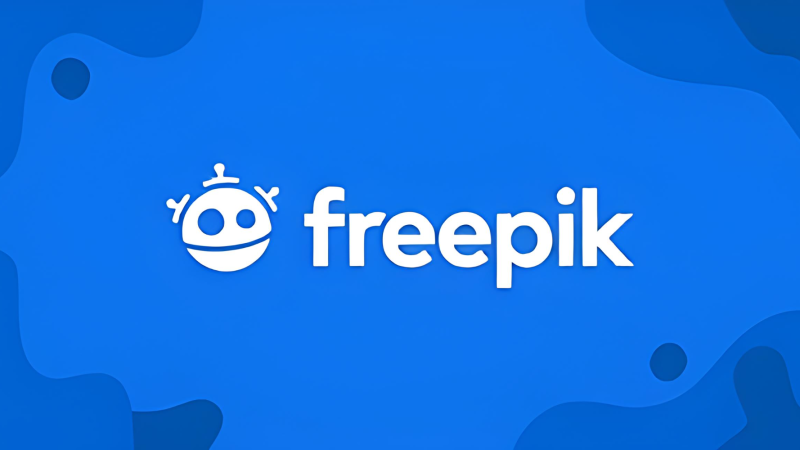Introduction
In the current digital era, small businesses continuously seek the most effective methods to connect with their audience. The most popular approach has always been email marketing since it offers a direct line of communication with clients.However, as new tools such as WhatsApp Channels gain popularity, companies are questioning whether this messaging platform might completely take the place of email. Let’s explore the advantages and disadvantages of both, and determine if WhatsApp Channels might become the next significant tool for marketing small businesses.
Why Email Still Works for Small Brands
Even with the emergence of new communication channels, email marketing remains a primary tool for small businesses. The following reasons explain why it continues to be effective:
- Direct and Personalized: Email allows businesses to communicate directly with customers in their inboxes, providing customized content and specific offers.
- Broad Reach: A significant number of individuals still engage with email regularly, making it a dependable method for reaching a wide audience.
- Measurable Results: Advanced analytics tools allow businesses to monitor open rates, click-through rates, and conversion statistics effectively.
These benefits explain why numerous small businesses continue to depend on email marketing as a key component of their overall strategy.
What Are WhatsApp Channels?
Businesses can communicate with clients directly by sharing updates, text, photos, and videos through WhatsApp Channel. Here’s what makes them unique:
- One-Way Communication: In contrast to standard WhatsApp chats, Channels enable businesses to transmit messages to subscribers, but subscribers cannot respond directly to the business (although they can engage or react to the content).
- Private: In contrast to social media, where posts are visible to all, WhatsApp Channels provide a more secure and private setting.
- Quick and Interactive: WhatsApp is popular for its instant messaging, facilitating real-time communication for businesses.
For companies aiming to connect with their audience via a well-known platform, WhatsApp Channels present an intriguing option to conventional email marketing.

Email vs WhatsApp: Which One Wins?
Depending on the purpose and urgency of your message, you can choose between WhatsApp Channels and email.
- Email is perfect for lengthy, well-organized messages, such as newsletters and comprehensive updates. It’s excellent for fostering relationships, offering features for segmentation, automation, and analytics.
- WhatsApp Channels thrive in real-time, highly visible messaging, making them ideal for urgent updates, flash sales, or rapid notifications. It provides greater open rates and interaction because of its mobile-centric, instant characteristics.
- In principle, email is more effective for fostering long-term customer connections, whereas WhatsApp is ideal for brief, impactful exchanges. The true victor is a blend of both, applied strategically based on the message and target audience.
Why Everyone’s Talking About WhatsApp Channels
WhatsApp Channels have created considerable excitement for several key reasons:
- Extensive User Base: With over 2 billion users globally, WhatsApp’s vast audience presents a valuable opportunity for businesses. Many individuals already utilize WhatsApp for personal communication, facilitating the integration of business interactions.
- Exceptional Open Rates: Messages sent via WhatsApp boast significantly higher open rates than emails. Most users tend to read WhatsApp messages shortly after they arrive.
- Enhanced Engagement: WhatsApp promotes immediate interaction through features like reactions and shares, making it an effective platform for businesses to boost engagement.
The Downsides You Should Know
WhatsApp Channels have certain drawbacks despite their many benefits:
- Restricted Engagement: Because WhatsApp Channels facilitate one-way communication, companies lose the opportunity for the reciprocal interaction that email offers.
- Privacy Issues: Certain customers might be hesitant to receive business notifications on WhatsApp because of privacy issues, particularly if they haven’t explicitly opted in for updates.
- Restricted Analytics: Contrary to email marketing, which allows for detailed tracking of open rates, click-through rates, and conversions, WhatsApp Channels provide limited analytics.
For companies evaluating WhatsApp Channels, these are key points to remember when determining if they should utilize the platform.
Can You Use Both Together?
Of course! Small businesses may find that combining WhatsApp and email marketing is an effective strategy. Here’s how:
- Divide Up Your Audience: Use WhatsApp Channels for urgent notifications, real-time updates, and short promos; use email for newsletters, offers, and detailed material.
- Cross-Promotion: To boost sign-ups, provide a link to your WhatsApp channel in your email advertising. Likewise, include links to sign up for emails in your WhatsApp chats.
- Customer Journey Integration: Use WhatsApp for high-touch interactions, such as reminders, time-sensitive offers, or customer service, and email for lead nurturing.
You can take use of each platform’s advantages and develop a more thorough communication plan by combining the two channels.
Choosing What Fits Your Business Best
When choosing between email and WhatsApp Channels, take these aspects into account:
- Audience: If your audience is more youthful or technologically adept, WhatsApp could appeal more. For older, more conventional clients, email may still be the favored choice.
- Business Objectives: Are you concentrating on extensive content, in-depth newsletters, and dividing customers into segments? Email might be a more suitable option. If you require fast updates or increased interaction, WhatsApp might be the solution.
- Resources: Are you equipped with the time and tools to handle both channels successfully? If that’s the case, employing both together might be effective.
Email Isn’t Dead, But WhatsApp Is Rising Fast
Email marketing remains relevant, but WhatsApp Channels are quickly becoming a popular choice for more direct and interactive communication. For small businesses, the focus should not be on selecting one method over the other, but rather on leveraging both to enhance your overall marketing strategy.
Conclusion
WhatsApp Channels and email marketing each play a vital role in the 2025 marketing landscape, especially for small businessesWhereas email gives dependability and customisation, WhatsApp offers quickness and high interaction. For small enterprises, combining both strategies can maximize reach and strengthen client relationships.
As Wiraa, a global remote work platform, shows, staying competitive means understanding how communication evolves. By leveraging both WhatsApp and email effectively, small businesses can enhance their marketing efforts and build lasting connections with clients.




